In the realm of Nigerian politics, alliances shift like sand dunes in the desert, reshaping landscapes and altering power structures. The recent emergence of the African Democratic Congress (ADC) as a political haven for veteran politicians has stirred up a whirlwind of speculation and analysis.
The narrative began when Mr. Bola Babarinde, former Chairman of the All Progressives Congress (APC) in South Africa, cast a critical eye on the ADC, labeling it as a sanctuary for “power-hungry veterans.
” His words reverberated through the political corridors, igniting debates and discussions across party lines.
Babarinde’s observation struck at the heart of a larger phenomenon unfolding within Nigeria’s political landscape. As he pointed out, the ADC is becoming a magnet for politicians driven more by ambition than ideology. In his scathing assessment, he highlighted how this new coalition was not forged on shared values or principled stands but on individual aspirations for presidential ambitions.
“
In any thriving democracy, political alignment is rooted in values, conviction, and consistency,” Babarinde emphasized.
“Unfortunately, the Nigerian political space continues to drift dangerously away from these ideals.”
As pundits dissected Babarinde’s remarks, contrasting them with the backdrop of shifting allegiances and strategic maneuvers within the ADC camp, deeper insights emerged. The convergence of erstwhile stalwarts from parties like the Peoples Democratic Party (PDP), APC, and Labour Party raised questions about unity in diversity versus opportunism cloaked in new party labels.
“What binds them is not policy or principle but ambition,”
Babarinde noted wryly. He underscored how each member carried with them a baggage of past failures and unfulfilled promises—a stark reminder that memory is long in politics despite attempts at reinvention.
The contrast drawn between this motley crew seeking refuge under ADC’s banner and leaders like Bola Tinubu served as a poignant reflection on political consistency versus expedient realignments. While Tinubu’s trajectory showcased steadfastness over time, critics saw in the ADC coalition echoes of transient alliances forged solely to capture power.
Amidst these swirling currents of ambition and strategic posturing lies a fundamental question: What does this mean for Nigeria’s democratic journey? Will such coalitions lead to genuine reform or merely perpetuate cycles of disillusionment?
As experts weigh in on these developments, one thing remains clear—the evolving dynamics within ADC’s coalition are emblematic of broader transformations reshaping Nigeria’s political landscape. Whether this movement towards unity amidst diversity will yield lasting change or prove to be another chapter in Nigeria’s complex political saga remains to be seen.
In conclusion, as Nigeria navigates its intricate path towards future elections and governance models, one thing is certain—politics will continue to be both an art form and a battleground where principles clash with pragmatism and visions vie with ambitions.


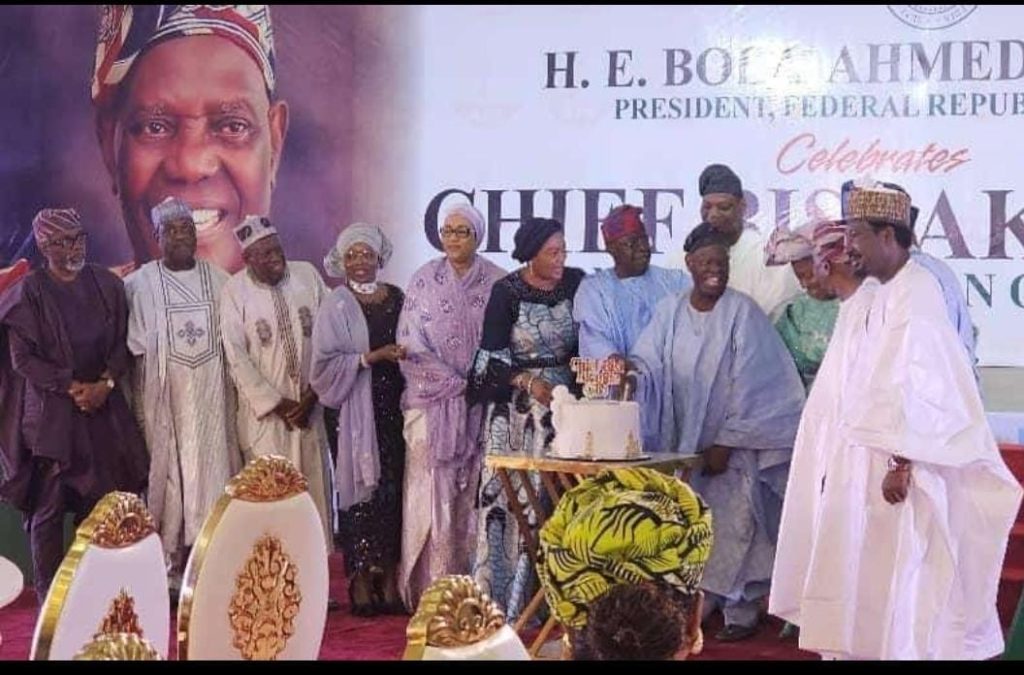
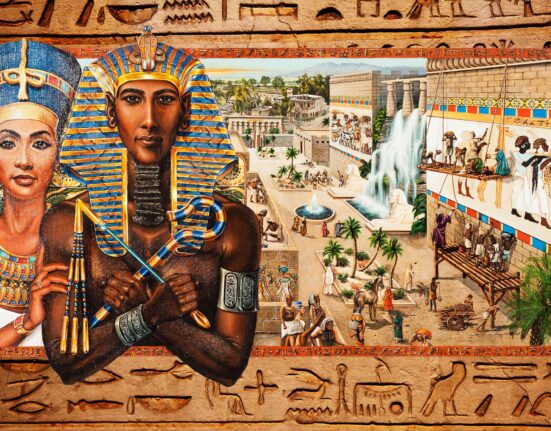

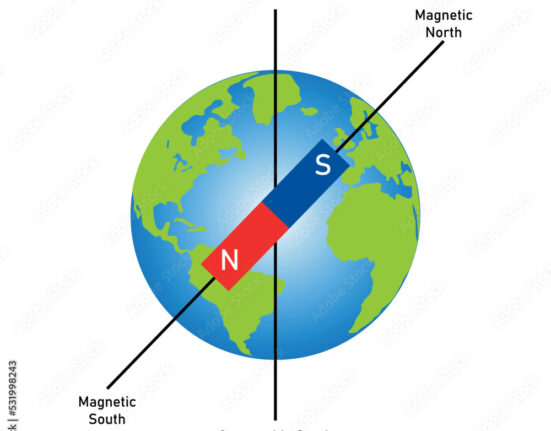
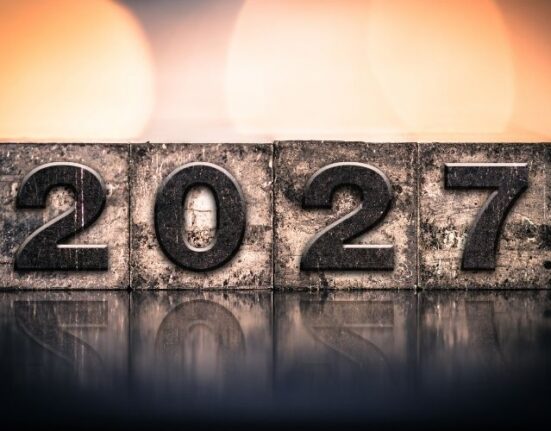
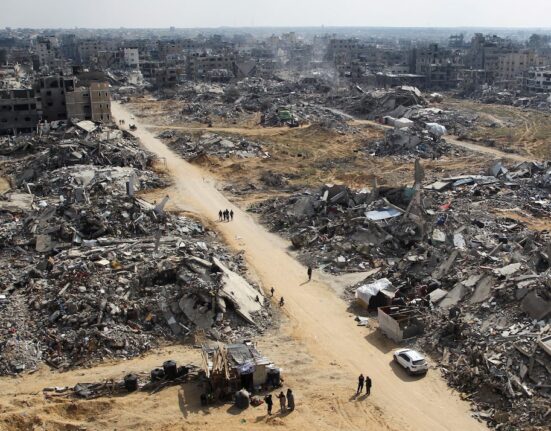

Leave feedback about this